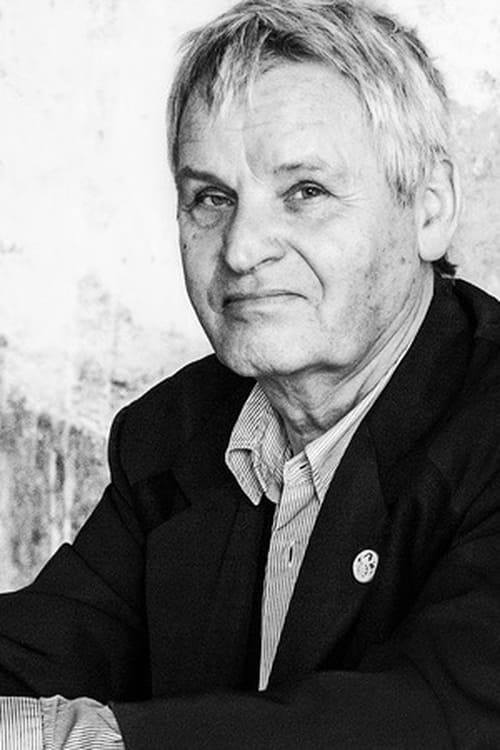Santa Lucia (1967)
장르 : 다큐멘터리
상영시간 : 13분
연출 : Gerd Conradt
시놉시스
This film has no story - one could be born at any moment. His characters are the composition of the composition that, in the time they live in, is the composition of the time in which they live. The situations are exemplary, they come from the reality of dreams, a movement takes on several dimensions, gives the impression of simultaneity, the passage of time is not perceived.
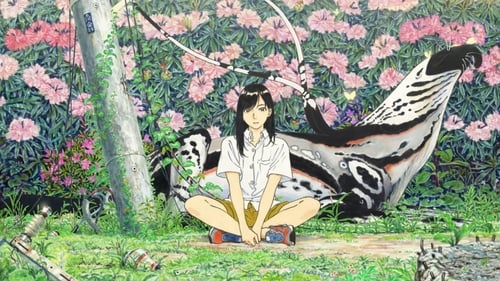
Something is about to change drastically, and the only thing to do is to witness it.

A very personal look at the history of cinema directed, written and edited by Jean-Luc Godard in his Swiss residence in Rolle for ten years (1988-98); a monumental collage, constructed from film fragments, texts and quotations, photos and paintings, music and sound, and diverse readings; a critical, beautiful and melancholic vision of cinematographic art.

역사를 표현하는 영화의 힘과 더불어 성과 죽음의 이미지를 그린다.

On the cold outskirts of town, something is about to happen. In our own way we are all waiting for something to happen.
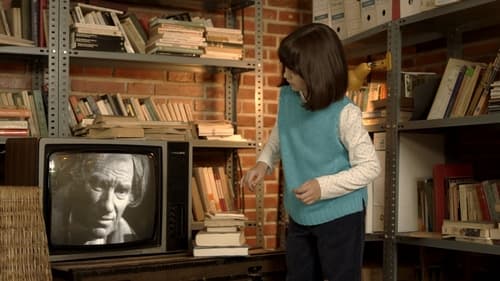
A young woman, who has inherited her grandparents' huge house, a fascinating place full of amazing objects, feels overwhelmed by the weight of memories and her new responsibilities. Fortunately, the former inhabitants of the house soon come to her aid. (An account of the life and work of Fernando Fernán Gómez [1921-2007] and his wife Emma Cohen [1946-2016], two singular artists and fundamental figures of contemporary Spanish culture.)
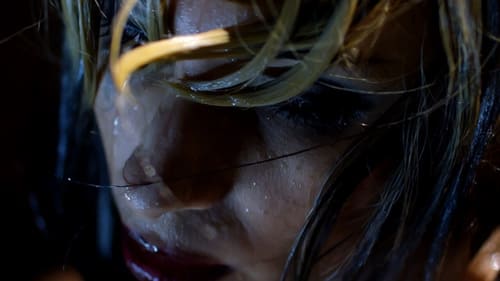
Anya, a mourning woman, drives to the unknown in her vintage car, a 1961 Facel Vega. Her only traveling companion is a mysterious urn. Consumed by sadness and loneliness, Anya falls into a confused world, where the memories of her lover, Frida, and her fantasies are blended. In the middle of the night, Anya decides to make a stop at the FORNACIS, a godforsaken dive bar, to get some rest. In this atypical cellar, she meets Wolf. The two lost souls get along immediately, the night belongs to them for only few hours...
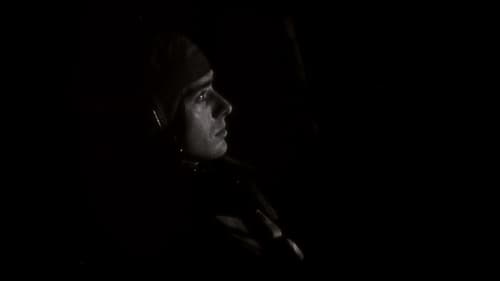
July, 1941. After the beginning of the German invasion, an Italian soldier, a veteran of the colonial wars, is sent to the Soviet front. As he remembers the fairy tales his Russian mother used to tell him, the train he is travelling in crosses Europe on its way to the vast Ukrainian plains, where the enemy and a cruel winter await him… (Based on the experiences of several Italian soldiers.)

Loneliness is something everyone experiences. This short film deals with that.

Playful and colorful, Pop Cycle is an experimental short film mixing drawn-on-film animation and live-action sequences. The movie takes inspiration both in synthwave genre and in aesthetics of punk music albums.

998년에 총 4부 8편(각 장은 A와 B, 두 편씩으로 구성되어 있다)이 완성된 의 출발점은 대략 1978년 몬트리올에서 고다르가 한 연속 강의에까지 거슬러 올라간다. 이 강의 중 일부를 수록한 책 >에서 고다르는 ‘참된’ 영화의 역사란 일러스트레이션이 삽입된 텍스트들이 아니라 이미지와 사운드들로 이루어져야 한다고 썼다. 는 고다르가 자신의 이런 생각에 따라 실제 영화 속 이미지와 사운드의 조각들을 몽타주해 서술한 고다르판 영화의 역사이다. 고다르가 쓴 이 영화의 역사는 우리가 보통의 영화사 서적들에서 볼 수 있는 것과 같은 연대기적인 역사의 기록은 아니다. 오히려 그는 자신이 고고학적이거나 생물학적이라고 부르는 방식을 통해 20세기의 영화에 대한 단선적인 역사가 아닌 복수의 역사를 이야기한다. 미국의 저명한 영화 평론가 조나단 로젠봄은 프로젝트의 원대함이란 측면에서 고다르의 를 제임스 조이스의 에 비견할 만한 것이라고 말한다. 고다르의 이 프로젝트는, 거의 17년의 집필 기간을 소요한 조이스의 작품에 맞먹을 에너지를 들여 만들어진 것이기도 하지만 무엇보다도 영화를 통해 지각되는 20세기를 다룬다는 점에서도 언어를 통해 이해되는 인류의 역사에 관심을 갖는 조이스의 작품에 견줄 수 있다는 것이다. 고다르가 써낸 이 영화의 역사가, 후에 20세기 영화사를 돌이켜볼 때 그 역사를 통틀어 최고의 사건 가운데 하나로 꼽힐 것임은 분명한 일이다.

A very personal look at the history of cinema directed, written and edited by Jean-Luc Godard in his Swiss residence in Rolle for ten years (1988-98); a monumental collage, constructed from film fragments, texts and quotations, photos and paintings, music and sound, and diverse readings; a critical, beautiful and melancholic vision of cinematographic art.
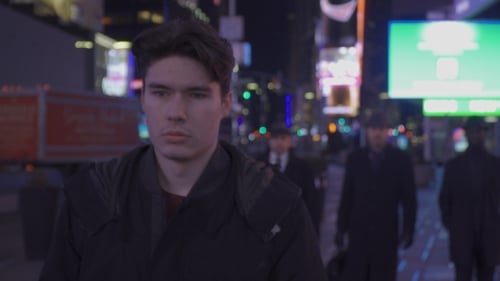
A man who is paranoid and deluded by his own conspiracies that someone out there is after him must come to terms with the root of his suffering.

A gorilla escapes from a Mexican zoo and goes on a bloody rampage through a small town.
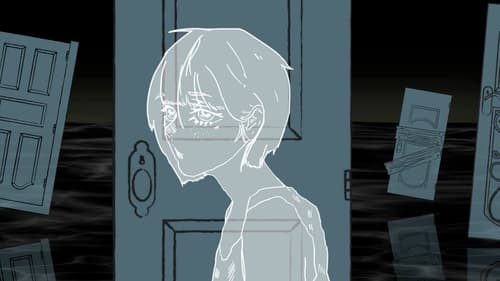
Nova, immersed in metaphors that cross her unconscious, is guided by fate, door to door.
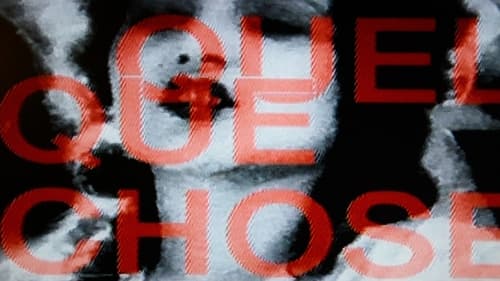
A very personal look at the history of cinema directed, written and edited by Jean-Luc Godard in his Swiss residence in Rolle for ten years (1988-98); a monumental collage, constructed from film fragments, texts and quotations, photos and paintings, music and sound, and diverse readings; a critical, beautiful and melancholic vision of cinematographic art. (Abridged version of the original collection of eight short films).

The host of a children's television show aimed for creativity starts experiencing burnout after needing to force that creativity every day.

Normality is a human state of good intentions, empathy, caring and wanting to do the best for those we love and the world at large.

Water hands is the literal Chinese word for ‘sailor’. The sailor himself remains off-screen in this film, just like the woman who is waiting for him. The tight black-and-white images move through Singapore and Montenegro, while a logic all of its own links the various worlds and narrations.

Moments in the life of a young Japanese filmmaker in Bosnia, charged with acoustic and visual poetry. Buoyant and essayistic entries in a process of self- and world-reassurance.

